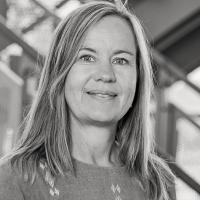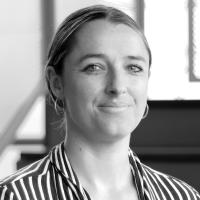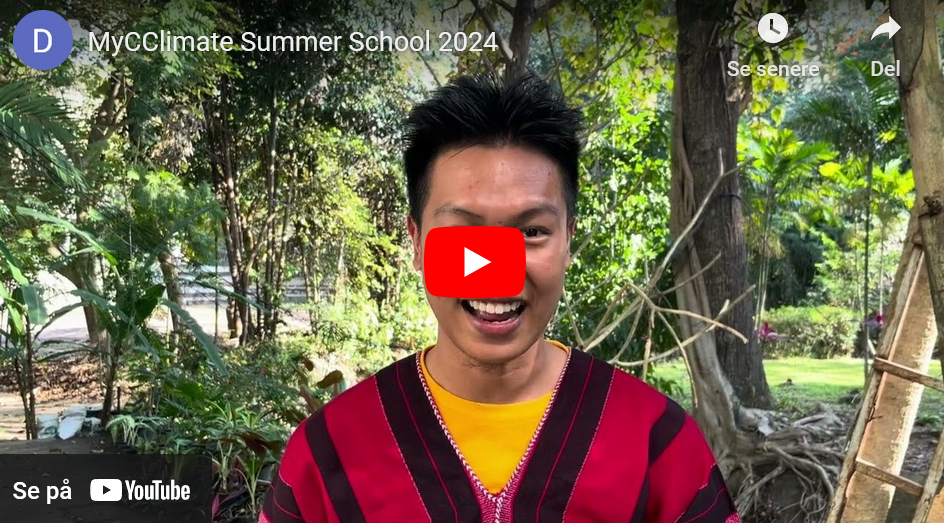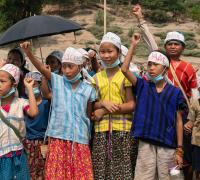MyCClimate Summer School 2024
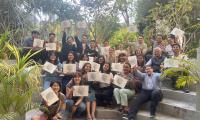
From 9-16 January 2024 researchers from the MyCClimate project ran an intensive course on ‘Qualitative Research on Climate Change’ at Chiang Mai University (CMU, Thailand) as part of their partnership with the Regional Centre for Social Science and Sustainable Development (RCSD). DIIS researchers Justine Chambers, Helene Maria Kyed, Lily Salloum Lindegaard and Myat Thet Thitsar co-facilitated the course with human geographer, Chaya Vaddhanaphuti, a human geography lecturer at CMU. It was attended by 22 participants from Myanmar and Thailand, including experienced research consultants and environmental activists, who were selected on the basis of an open call.
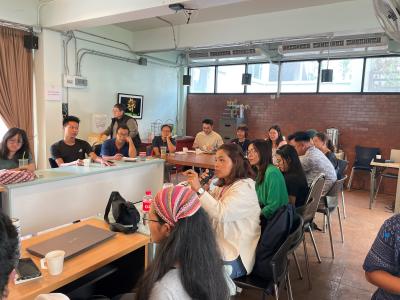
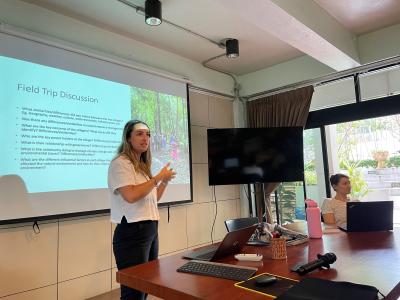
The course introduced the participants to current state-of-the art qualitative research and social science debates on climate change. A core idea driving the course was to extend the MyCClimate research project to a broader group of people already working as environmental activists and community researchers in Myanmar, equipping them with the skills and knowledge to co-produce research on climate change and engage in policy debates. Drawing from critical scholarship in political science, anthropology and human geography, the lectures and interactive discussions focused on key methodological debates driving qualitative research on climate change, the political economy of climate change, the politics of climate change adaptation and mitigation initiatives, how local communities are responding and adapting to climate change in the face of conflict and other forms of state violence. The course also included lectures looking at the safety and ethics procedures necessary to conducting qualitative research on climate change in authoritarian and conflict-affected states and a special session on the importance of co-producing research. The final day of the course exposed students to how qualitative research on climate change can feed into policy debates and actions on the ground, including the dilemmas this involves.
The course also included field trips to two ethnic Karen villages in northern Thailand. At each of the villages, students had the opportunity to learn from local people about their struggles in responding to climate change and the predatory role that the state plays in enforcing restrictions on customary communal forest lands. The aim was to expose students to the importance of land rights in climate change debates and the significant challenges facing ethnic minority communities in the face of increasing state enclosure of customary lands. Conversations with villagers also revealed the importance of working with local indigenous communities and the role that customary practices of environmental conservation can play in responding to climate change.
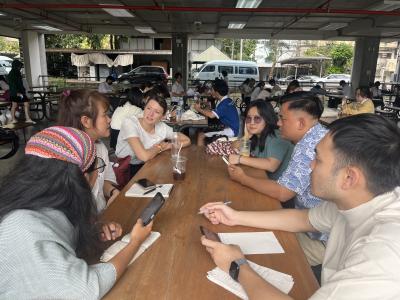
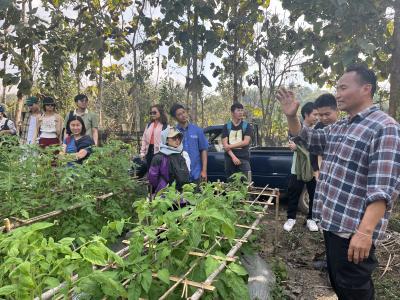
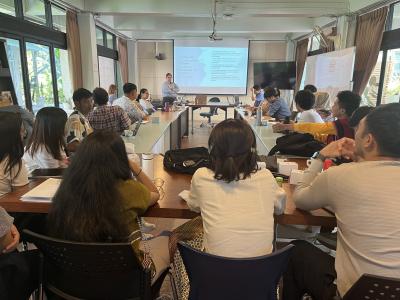
DIIS Experts
